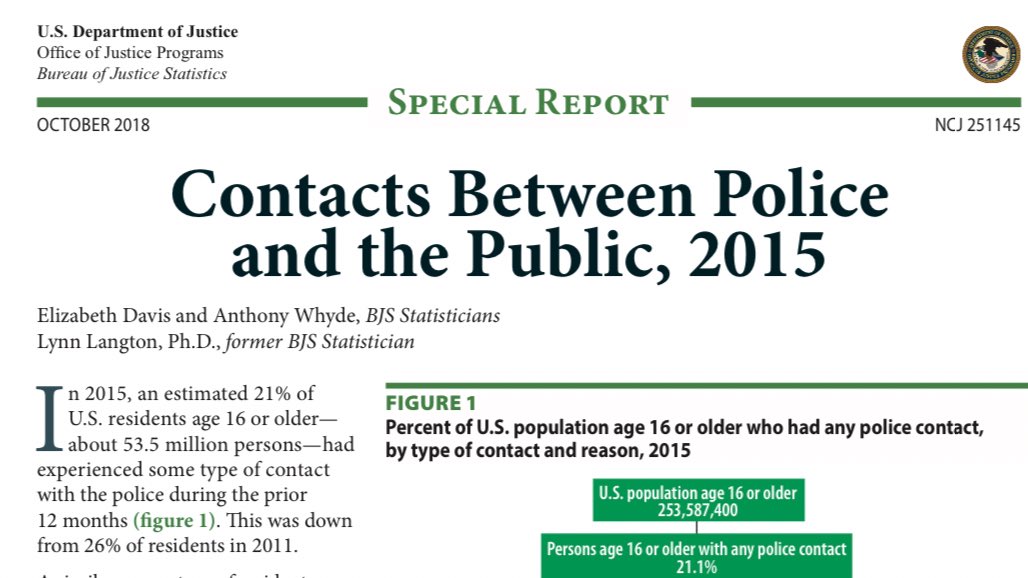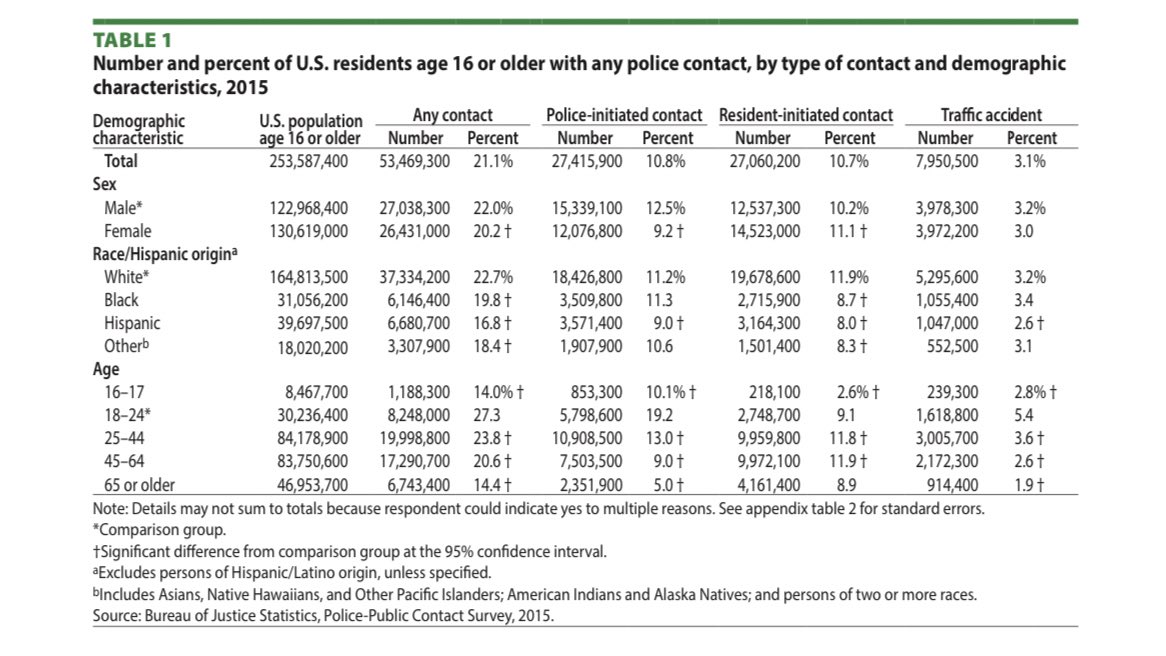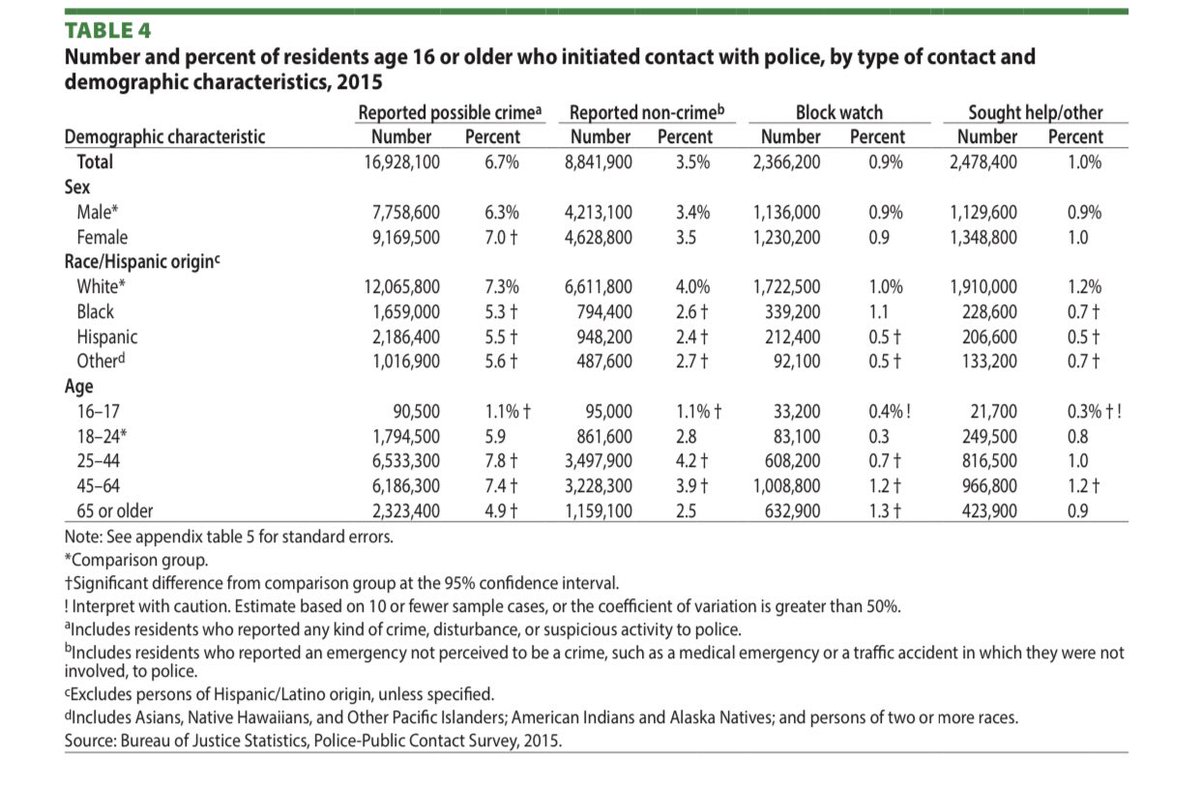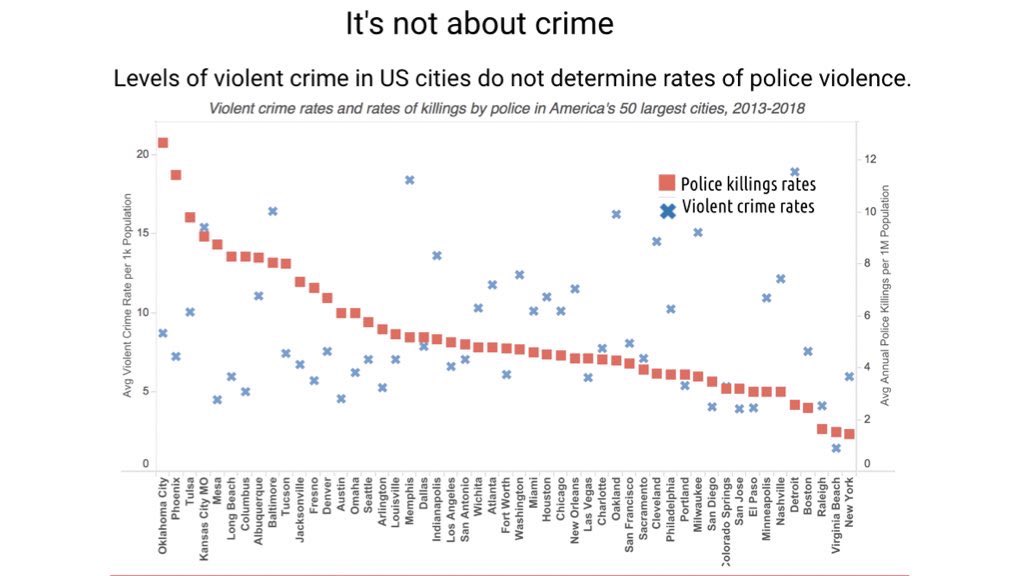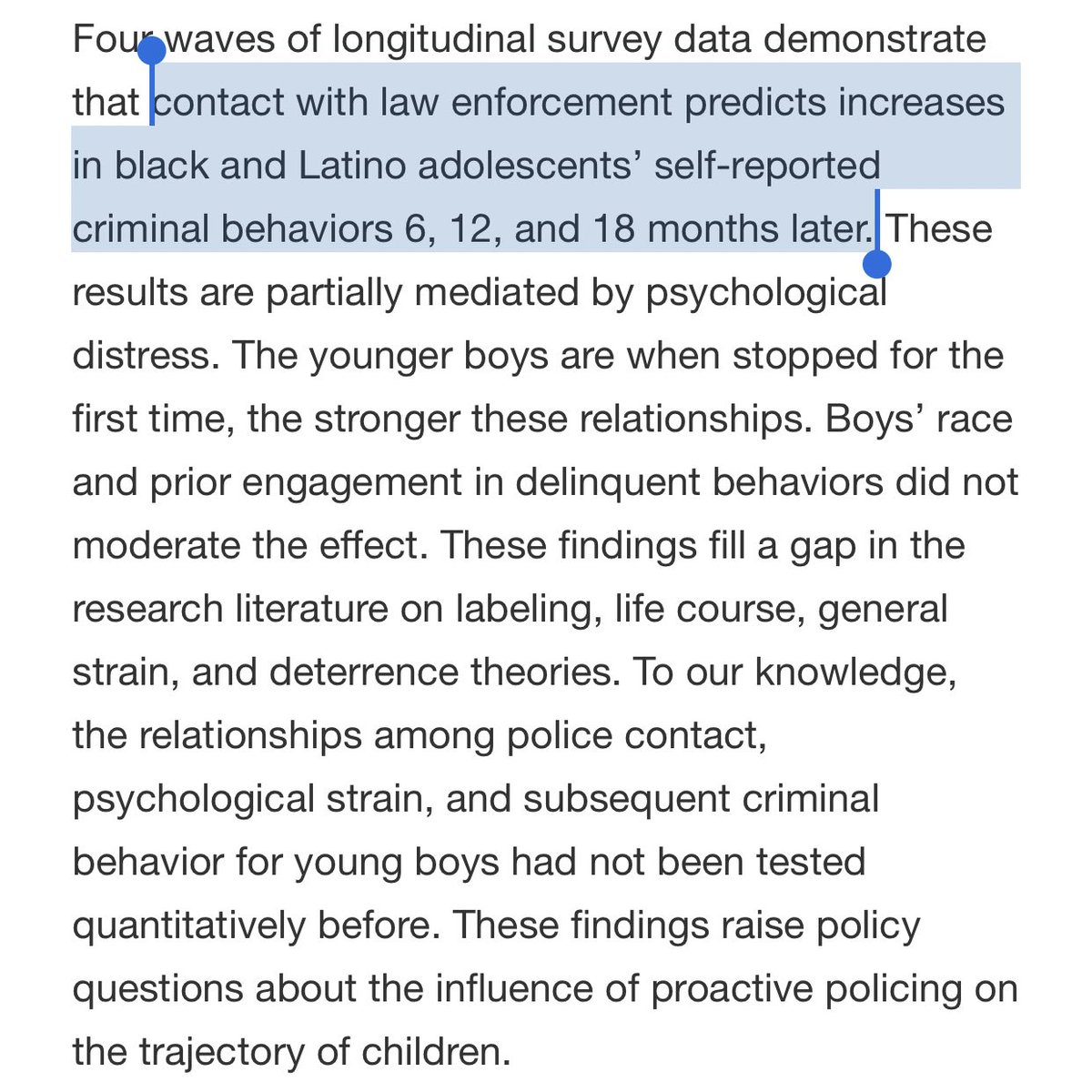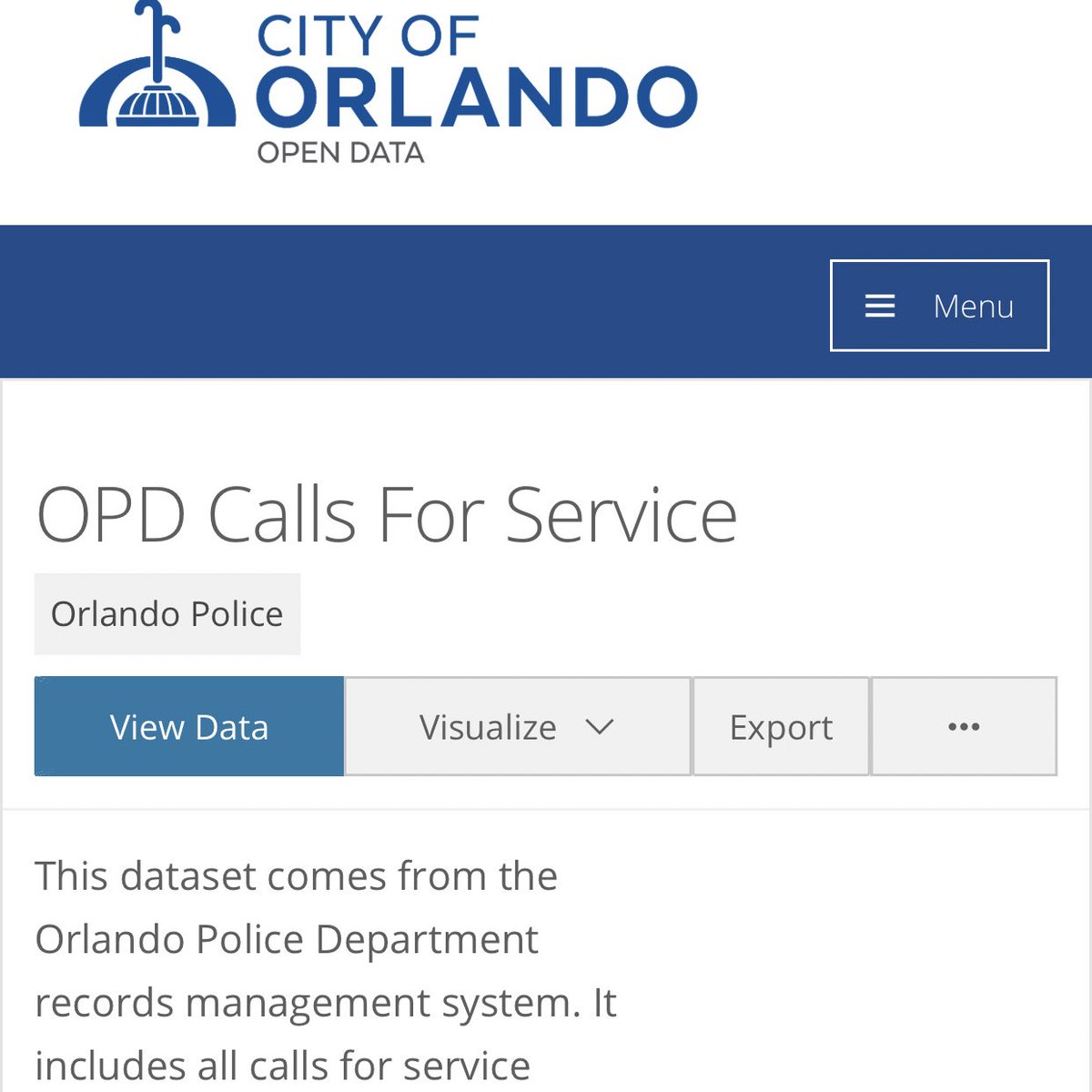
Arbitration is essentially the qualified immunity of officer discipline. While qualified immunity prevents families from receiving financial payouts from the city for misconduct, arbitration prevents cities from actually holding those individual officers accountable.
https://twitter.com/mhkeller/status/1341524209567186945
Because holding officers accountable has historically been the exception, not the rule, both qualified immunity and arbitration tie current practices to past precedents in a way that blocks the expansion of financial or administrative accountability for police violence in the US.
Both qualified immunity and arbitration are important practices to target for change via legislation. The focus on ending qualified immunity - which won’t actually hold those officers accountable (due to indemnification) must be expanded to include a focus on arbitration as well.
If a city/police department disciplines an officer more than “usual” (i.e. goes from not firing officers for a type of misconduct to firing them for it) then the arbitrator will most likely reduce or completely reverse that discipline as “excessive” compared to past practice.
• • •
Missing some Tweet in this thread? You can try to
force a refresh

